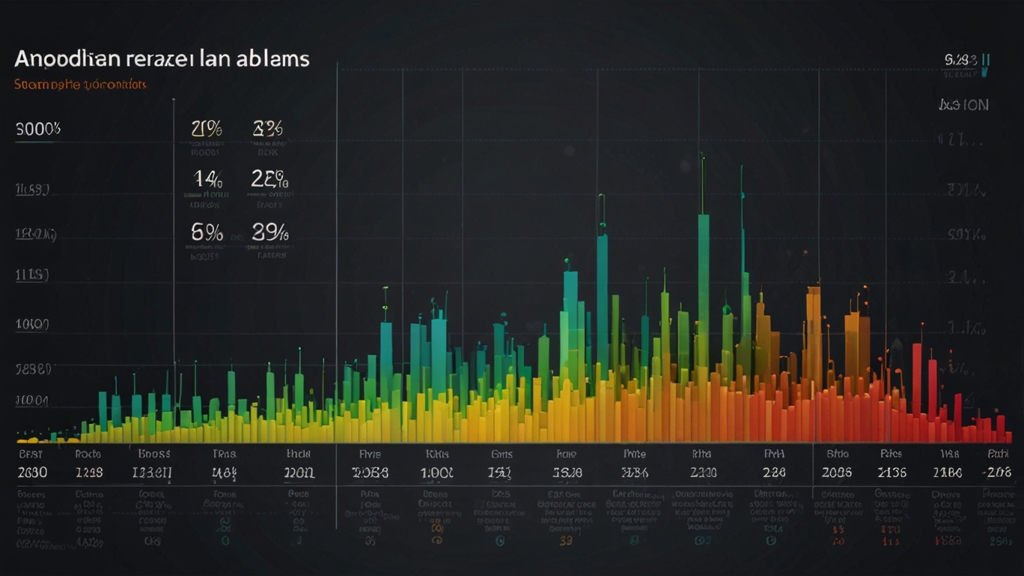The Old Testament and Science: Clash or Harmony?
The relationship between the Old Testament and science has been a subject of significant debate and analysis for centuries. While the two fields—religion and science—often seem to be at odds, a closer examination reveals a more nuanced interaction. The Old Testament, a foundational text for Judaism and Christianity, contains narratives and principles that have both clashed with and complemented scientific understandings throughout history.
Initial Clashes: Creation vs. Evolution
One of the most well-known conflicts is the account of creation in the Book of Genesis. The Old Testament describes a six-day creation process, in which God creates the heavens and the earth, plants, animals, and finally humans. This account appears to be in stark contrast with the theory of evolution proposed by Charles Darwin, which posits that life evolved over billions of years through natural selection.
"In the beginning, God created the heavens and the earth." – Genesis 1:1
Many orthodox believers interpret this verse and the subsequent creation story literally, which has led to the widely known creationism vs. evolution debate. However, others see the Genesis story as metaphorical, suggesting that it offers theological truths rather than scientific facts. This allegorical interpretation opens the door for unity between the Old Testament and evolutionary science, allowing them to coexist harmoniously.
Scientific Concepts in the Old Testament
While the Old Testament is not a scientific textbook, it does contain passages that intriguingly align with scientific concepts. For example, in the Book of Job, there are references to the earth’s free float in space, the hydrologic cycle, and the formation of constellations.
"He stretches out the north over empty space; He hangs the earth on nothing." – Job 26:7
This ancient text, written thousands of years ago, touches upon ideas that resonate with our contemporary understanding of astronomy and earth sciences. Additionally, various dietary and sanitary laws prescribed in Leviticus can be seen as promoting health and well-being, which would align with modern public health principles.
Ethical Teachings and Scientific Progress
Beyond specific scientific references, the Old Testament’s ethical teachings have also influenced scientific progress. Concepts of honesty, integrity, and the pursuit of knowledge are key elements that can be found in both scriptural teachings and the scientific method. For instance, the commandment "You shall not steal" (Exodus 20:15) can be interpreted to advocate for the ethical conduct of scientific research and the responsible use of scientific knowledge.
Moreover, the Old Testament's emphasis on wisdom and understanding resonates with the scientific pursuit of knowledge. The Book of Proverbs frequently extols the virtues of wisdom, knowledge, and understanding, offering a moral and ethical foundation that can underpin scientific exploration.
"Wisdom is the principal thing; Therefore get wisdom. And in all your getting, get understanding." – Proverbs 4:7
Modern Perspectives: Dialogue and Integration
In contemporary times, many theologians and scientists are engaged in a dialogue examining how religious texts and scientific principles can inform and enrich one another. The development of fields such as theistic evolution, which reconciles evolutionary theory with a belief in divine creation, showcases attempts to bridge the gap between the Old Testament and modern science.
Additionally, initiatives like the BioLogos Foundation promote the integration of science and faith by encouraging mutual respect and understanding. These efforts indicate that the perceived conflict between the Old Testament and science is not insurmountable and that with open-minded discussion, a synthesis of beliefs is attainable.
Conclusion
While the Old Testament and science have historically clashed, especially in areas like creationism and evolutionary theory, there are also many areas of harmony. Scientific concepts hinted at in the scriptures, ethical guidelines that align with scientific principles, and modern efforts to reconcile and integrate these fields all demonstrate that conflict is not the only narrative. By fostering dialogue and exploring both literal and metaphorical interpretations, a more harmonious relationship between the Old Testament and science is not only possible but increasingly plausible.












